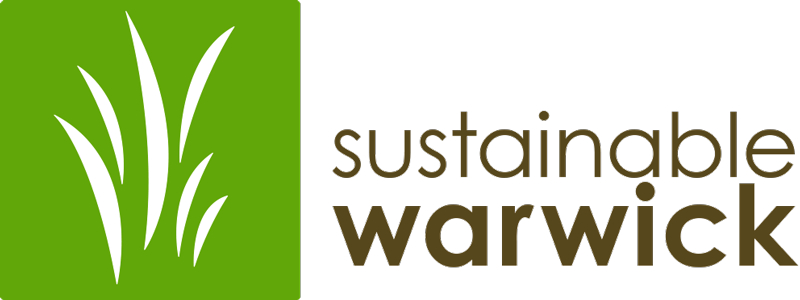May 20, 2025 - WVCSD School Board
Green Screen Interview of WVCSD School Board Candidates
As many of you are aware, SW’s Green Screen Committee conducts pre-election interviews with candidates running for local office — the Warwick Town, Village and School Boards — and with School Board elections coming on Tuesday, May 20, we are passing along the summary of our interviews with the 4 candidates — incumbents Keith Parsons, Dan Mahoney, Tom Maslanka, and challenger Paul Eagleston.
We asked each candidate 3 questions:
1. What is your overall assessment of the Warwick school system today and what changes, if any, would you like to see?
2. Should the schools be teaching/discussing the issues of climate change with their students and how to avoid local environmental challenges like the recent fires on Greenwood Lake and the threats of flooding?
3. What ideas/plans/goals do you have for the school in the areas of sustainability and the environment, ie, electric buses, pollinator gardens, etc?
In responding to these questions, the 4 candidates were very much in agreement: Warwick Schools are excellent and that the schools at all levels should be teaching and demonstrating that sustainability/environmental issues are of primary importance. The bottom line then from the Green Screen Committee is that no candidate stood out from the others, either positively or negatively, on these issues. We hope that you will turn out on May 20th to vote for your choice of candidates to fill the positions on the school board.
Geoff Howard, Christina Thomas and Bill Greene
The Sustainable Warwick Green Screen Committee
Here are the highlights from each interview:
Keith Parsons, a twelve-year Board member and currently President of the Board, was proud of how the Warwick system was admired throughout the Hudson Valley and also expressed strong support for “planting the seed early that all students are the future stewards of the environment.”
He stressed that the Board needs to be open minded as technology evolves, citing the solar field as a significant success and the gradual changeover to electric buses as “a major step forward that will need to be carefully monitored.” He is also proud that the school has moved from a budget deficit 12 years ago when he first started to a balanced situation now, and that the Warwick Valley schools are the best in the region.
Tom Maslanka, running for a second term, strongly agreed that teaching climate awareness from a young age should provide students with a grounding so that they can understand and appreciate the importance of issues such as recycling, fossil fuels, clean water, and responsible forestry. For him, sucess is when addressing these climate issues becomes part of their lives, like replacing disposable water bottles with refillable ones, which the students are now doing.
One idea he plans to pursue is composting. The schools do an excellent job of composting food waste in their cafeterias and Maslanka would like to see students actively involved in this process with science classes teaching about composting and compost tumblers being available so that students could “see” composting on a daily basis.
Dan Mahoney, also an incumbent running for a second term, is aware of and proud of the fact that many people come here specifically for the quality of the Warwick schools.
On the issue of climate change, he strongly favors that attention be paid throughout the system, in elementary, middle and high school. Students should understand that while there are no easy answers, people, including them, can monitor the evolving technology, make smart choices, and have a real impact on climate change.
Paul Eagleston, a Florida police officer with a PhD in Criminal Justice, is the newcomer seeking a seat on the Board. He is a lifelong Warwick resident who graduated from WVHS in 1994 and who currently has two daughters in the system, so he has real appreciation of the District’s excellence.
He believes that climate awareness must be taught, and subjects like Earth Science should be required, not electives. Also, with with things like the solar field, the extensive recycling and composting programs, and now the possible changeover to electric buses, the District is “leading by example” and creating life-long learning opportunities. He also suggested the schools could play a bigger role in the community, possibly as cooling and warming centers.
